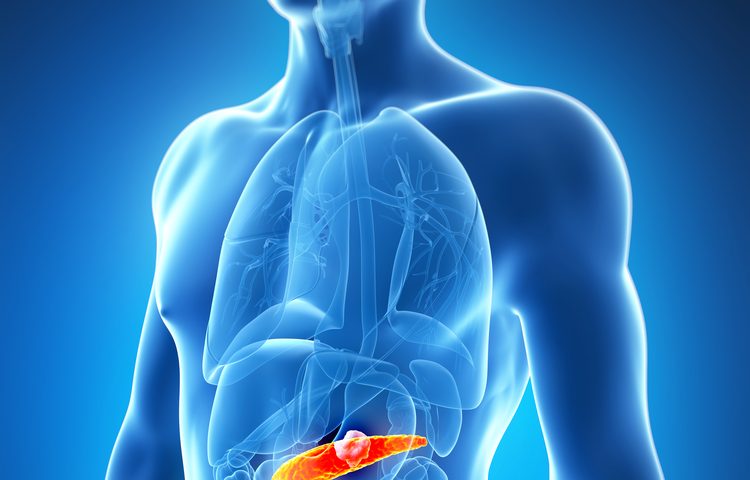Targovax announced that its Phase 1/2 clinical trial investigating the potential of TG01 and gemcitabine as an adjuvant therapy for patients with resected pancreatic cancer has reached full recruitment.
TG01 is an antigen-specific cancer immunotherapy that contains a mixture of seven synthetic peptides designed to target the RAS mutations found in more than 85 percent of pancreatic cancers. This specific immunotherapy enables a patient’s immune system to recognize and attack cancer cells, functioning as a vaccine.
In Europe, chemotherapy alone, most frequently gemcitabine, is recommended as adjuvant therapy in patients who underwent resection of their prostate cancer. Furthermore, TG01 as a monotherapy has been shown to induce immune responses in people with pancreatic cancer.
In this trial (NCT02261714), researchers are addressing the efficacy of combining gemcitabine and TG01 immunotherapy. Additionally, patients will also receive GM-CSF, a growth factor key for immune cell survival and proliferation, to improve TG01 efficacy.
The study was designed in two parts and recruited a total of 32 patients. Results, revealed in March 2105 for the trial’s first cohort, found that out of the 19 recruited patients, 18 were eligible for immune response assessment. Among them, 15 had a detectable immune response, accounting for 83 percent of all assessed patients. The treatment was generally well-tolerated, although some late allergic reactions were observed.
More recently, preliminary data from the 13-subject second cohort, in which the patients received a modified vaccination regimen relative to the first cohort, showed that the modified vaccination schedule induced an immune response at week eight, following the induction phase. The findings were released in in April 2016.
“We are happy to announce that we have completed the recruitment of our study. The patients will be monitored for the next 24 months” said Anne-Kirsti Aksnes, vice president for clinical development at Targovax, in a press release. “We are on track for final results, including two-year survival data in both cohorts, in 1H 2017 and 1H 2018 respectively.”
Pancreatic cancer is one of the major causes of cancer death worldwide, with a five-year survival rate of less than 5 percent.


